(Digital) Crisis and Issues: It’s Time To Certify The ‘Experts’
‘Selfish content marketing’ are three small words that are turning up a lot these days. That phrase should send shivers down the spine of the entire industry. Events of the past week are going to get a lot of brands to (re)consider their position — not only on social media and content marketing, but potentially marketing as a whole.
Just examine a small sweep of brand carnage over the past seven days:
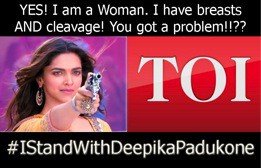
- The Times of India tweets about Bollywood actress Deepika Padukone’s cleavage – sparking outrage and the trending hashtag#IStandWithDeepikaPadukone. (It also sparked this post)
- DiGiorno Pizza misjudging the context around the #whyIstayed domestic violence conversation and jumping on in (and back out) quickly.
- Real-time marketing during the 9–11 commemorations? More like Real-bad idea!
- The back-and-forth between ‘Apple fanboys’ and ‘Android robots’ on the marketing around the iPhone 6 launch (which I thought was fun) – butpoor old U2.
- McDonalds calling a clip from one of its own education videos ‘#FALSE and bad information’ about its food.
- And to prove that these issues are not just international… visitors to Singapore Café Fest complain about the event and M1 (Singapore telco)being flamed on social media for its iPhone 6 pre-order website going down, but still promoting it and not responding to complaints.
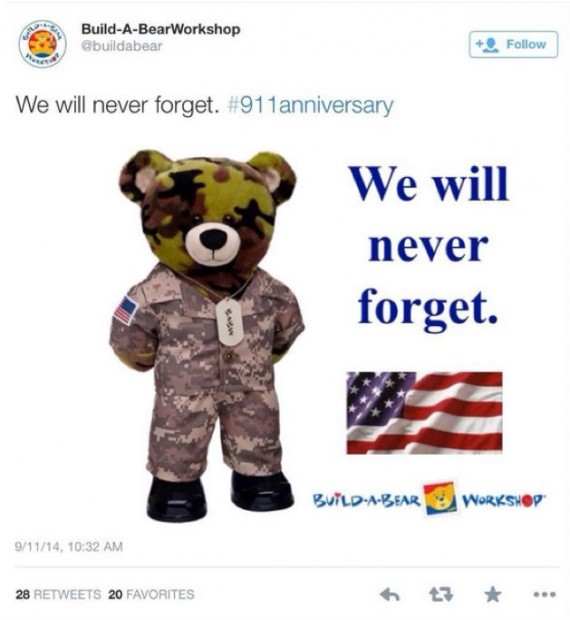
My point here is not to scaremonger — this online environment has been reality for a while and not everything challenging that happens is a crisis — which is the first question you should ask yourself.
The issue with the above is that brands made their own proverbial beds here with bad content choices. Not raving fringe-loony complaining consumers, or brand haters, or online trolls – as is often explained away.
And potentially how does this ‘selfish content marketing’ happen? Sometimes it truly is unfortunate, for which a quick mea culpa suffices. Otherwise it is — no professional advice, ignoring professional advice or wrong professional advice.
My strong belief is that it is now time to certify or accredit a person who says that they can manage issues or full-blown crises for brands – with many now originating or amplifying online.
When I lived in London in the 90s, I met with BSI (British Standards Institution), who told me that one of the biggest inhibitors for the industry was that there was no legal requirement for organisations to use a professional marketing or public relations firms – except in mergers and acquisitions and in some crisis events. The BSI tried to rollout a certification program for the PR industry, but I don’t think it ever caught on.
The ‘father of modern PR’ Edward Bernays despaired how anyone could set up shop as a PR practitioner and spent the latter years of his life arguing for industry regulation and accreditation. During 1999 dotcom boom, the Singapore government even announced a goal to certify all people and industries that delivered professional advice to companies.
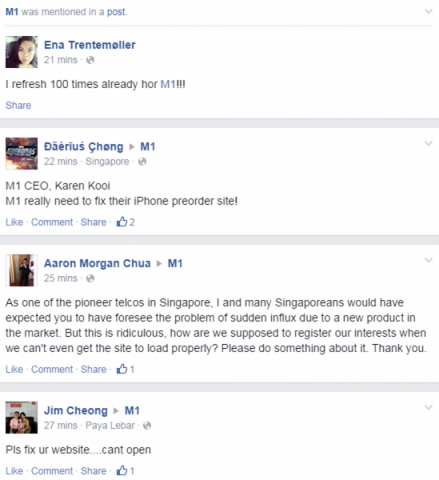
However, when it comes to social-digital, it seems like every agency, across most specialisms make claim to have the capability to counsel and support brands around crisis management. Like Bernays, I despair when I see articles or presentations published from people with various backgrounds and industries claiming ‘5 ways to manage a social media crisis,’ or ‘8 tips for crisis management planning.’ Slideshare can only get you so far buddy.
Would anyone claim to have the skills to oversee an organisation’sOccupational Safety and Health (OSH) program, if they didn’t really? Oh that’s right, running an OSH program requires training and if you set one up without proper certification, then you could go to prison. Then why should claiming to have the capability to protect and promote a brand or company’s reputation be any different?
Don’t get me wrong. I know a few brilliant crisis management counselors who have not been able to translate their traditional expertise into relevance in a social-digital world. While any accreditation scheme should also call out that skills gap, these people are much less likely to put a brand at risk in today’s world, as the foundation behind a smart digital crisis infrastructure originates from this traditional world.
It’s too hard to accredit our entire industry – and I’ve never been one for over-regulation generally. However, when it comes to brand protection – with the stakes so high — organisations should have some way to discern expertise.
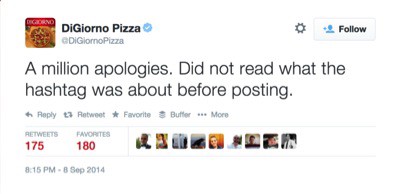
Maybe it’s time for the marketing industry bodies to work in partnership with the PR ones to come up with consistent certification approach for crisis experts. Maybe its time for a couple of brands to set minimum acceptable skills and experience for people who advise – esp. in social and digital marketing? Doesn’t mean that brands will necessarily follow the advice, but hopefully they’ll get good advice.
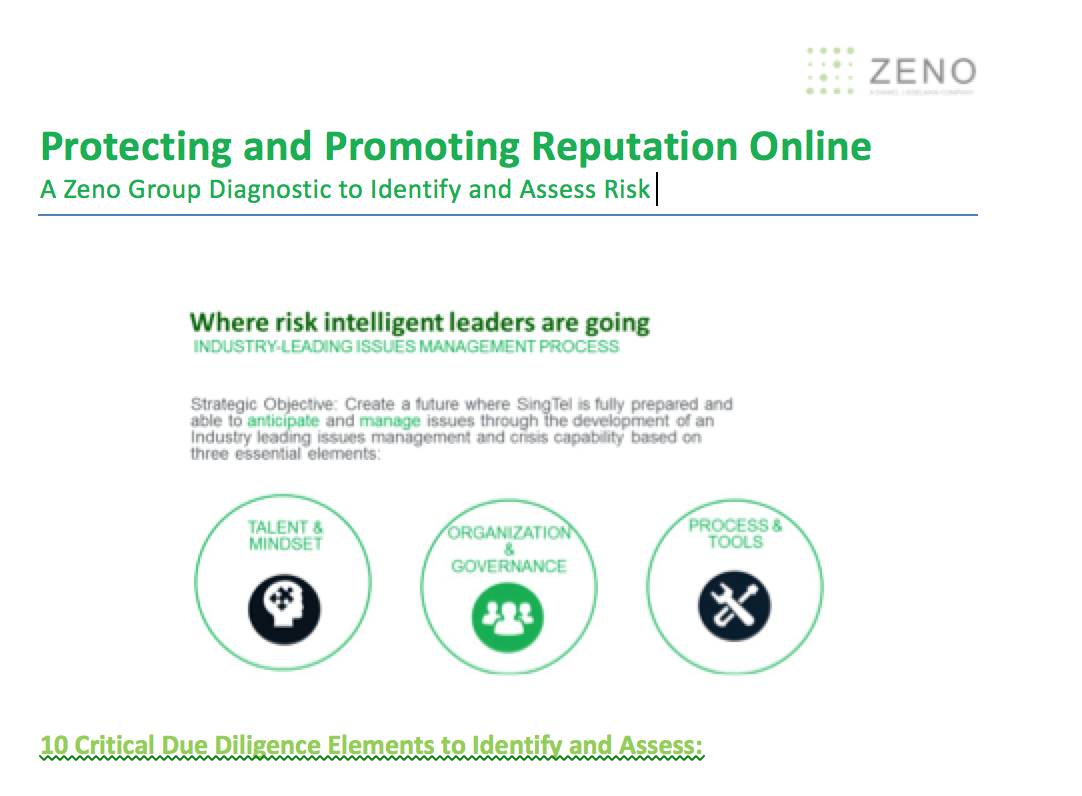
I make the Zeno Digital Crisis Diagnostic (downloadable here) available to all clients to get them thinking about much more than tools and stance – which is what most agencies talk about. If you’re working with a crisis agency partner, then test them out on their added-value across what we call the three pillars of risk intelligence. That should be a fun conversation.
So, take a pause while laughing at John Oliver’s hilarious argument against brands being on Twitter and consider the consequences if brands we were to believe #WeUnderstandThatAsCorporateEntitiesOurPresenceInCertainDiscussionsIsNotAlwaysRequiredSoWeWillStriveToLimitOurActivitiesToJustSellingYouShit.
Certification is not the only answer to avoiding this fate — but it will help.